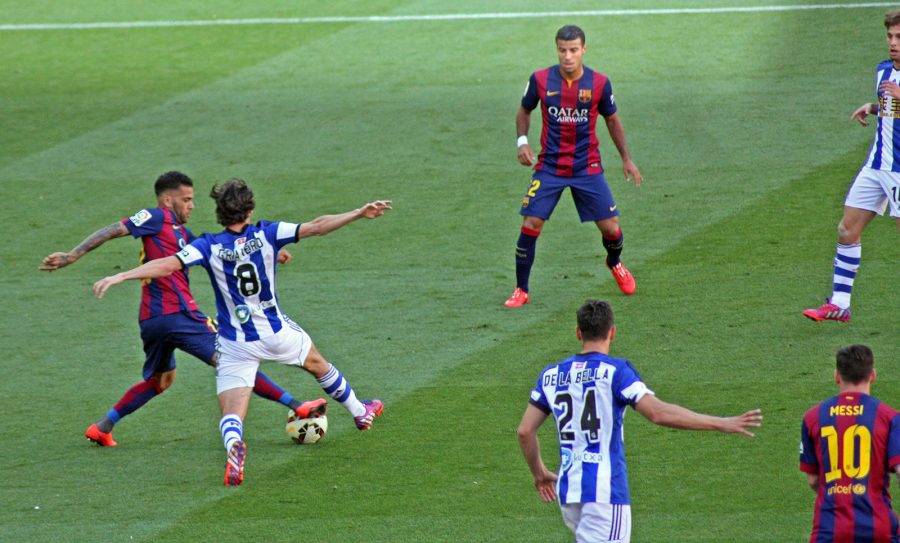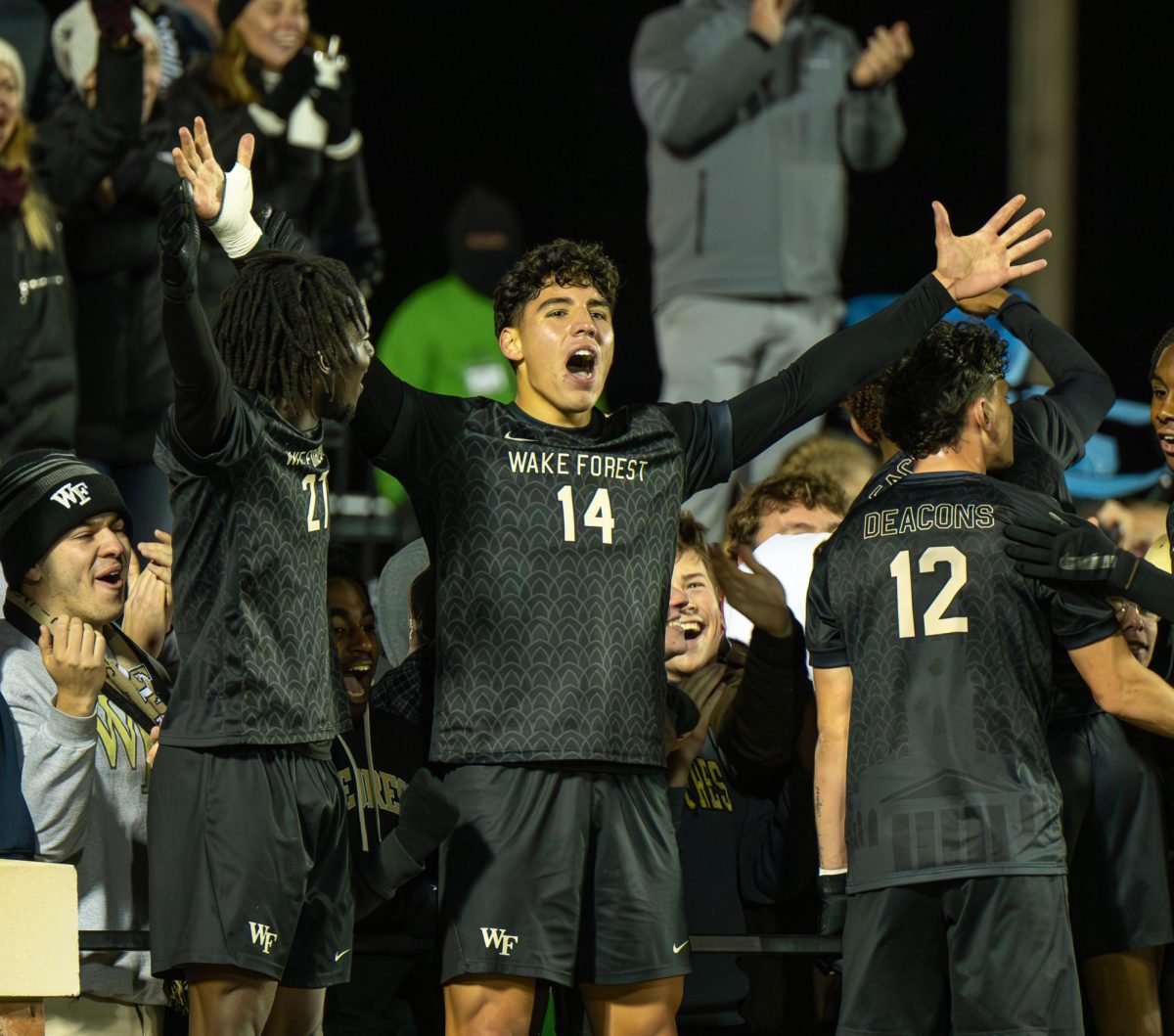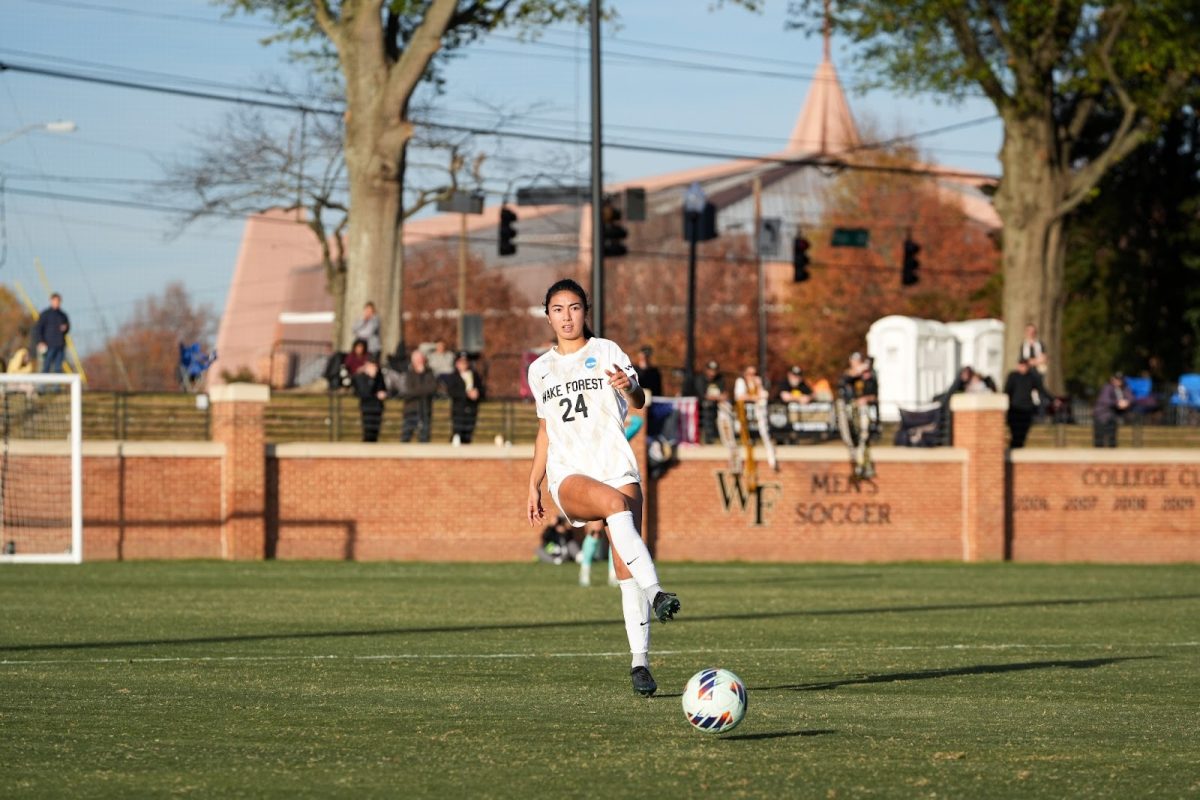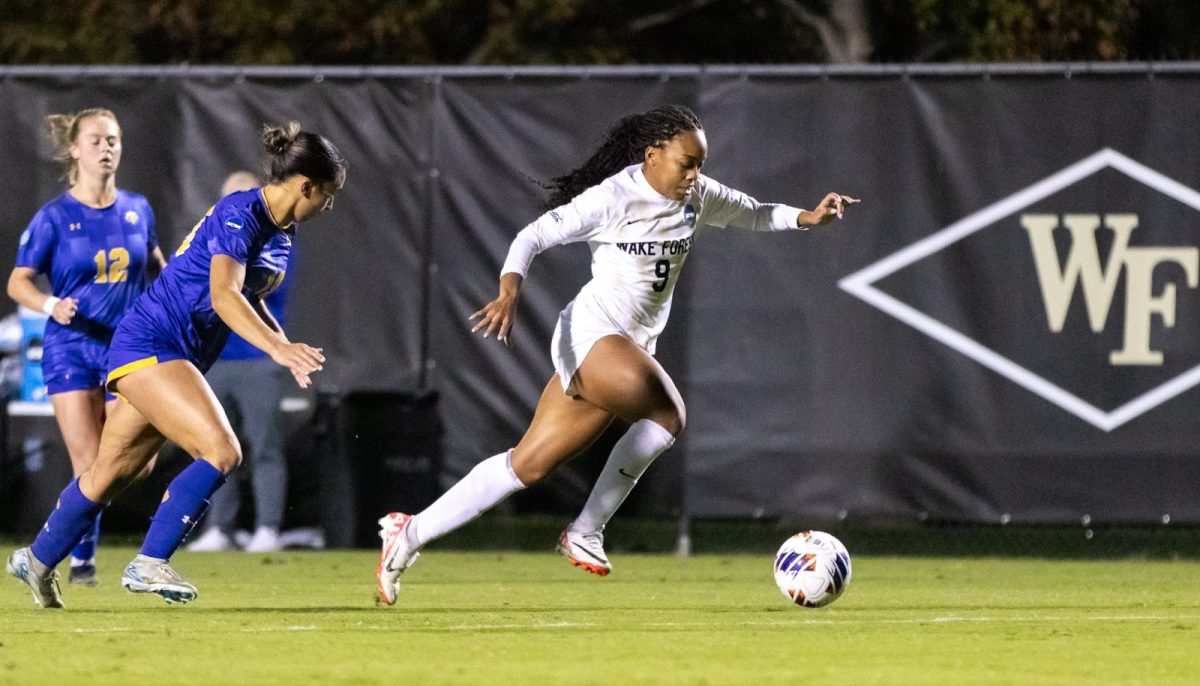Since putting pen to paper napkin in a Barcelona café at just 12 years old, Lionel Messi’s meteoric rise has grabbed headlines and trophies for the Catalonian giants. A one-club-man, Messi’s two decades with FC Barcelona have cemented the midfielder’s place among the pantheon of the greatest players of all time. So when the unthinkable happened — a public request was issued by Messi to leave the only home he’s ever known — the soccer world was forced to do a double-take.
In just hours, the story reached gargantuan proportions, intersecting with Spanish case law; contractual obligations; injections of new money into the sport; the global Coronavirus pandemic; and above all, the growing discontent of Barcelona’s adopted son. Now, with Lionel Messi skipping both preseason training and a mandatory coronavirus test, the club and player’s relationship appears irrecoverable. Such an end is tragic, considering the storied, fairytale-like history of Barcelona’s most famous socio, the name given to the members of the club.
Since becoming a first team regular in 2005, Messi’s individual brilliance has helped Barcelona rise to the top of European soccer, with his record six Ballon d’Ors complimented by four Champions League titles and ten La Liga victories. Messi’s constant positional adaptation, begging as a right-winger before switching centrally into the false-nine role under Pep Guardiola, has allowed him to shine under different managers and systems. Through his unparalleled athletic ability and knowledge of the game, Messi has become one of the greatest goalscorers of all time with more than 440 in 484 games with Barcelona. When factoring in goals he scored on behalf of his country, the total rises to above 700.
Messi’s importance to Barcelona has made him the club’s highest ever earner; yet it is his most recent and most lucrative contract that possesses the potential to end the era in an especially unceremonious manner. This contract, a four-year deal signed in 2017, contains multiple elements few thought would ever be triggered. Included is a gargantuan release clause, reported at $833 million, that would have to be paid by any club seeking to secure the services of the brilliant Argentine. Also curiously included is a clause that allows Messi to unilaterally terminate the contract at the end of the season, allowing him to leave Barcelona for any club as a functional free agent without triggering the traditional release clause.
However, the language in the contract stipulates that any such decision to leave must be made by June 10, which in any normal year would be well after the end of the Spanish and European season. Messi’s lawyers will surely argue that since the coronavirus forced the season to stretch well into August, the clause naturally shifts to the end of that season. However, Barcelona, and more recently La Liga itself, have publicly stated that the contract must be read literally.
The implications for a public and protracted legal feud between Barcelona and its greatest player of all time threaten to further imperil the fragile reign of President Josep Bartomeu. Such was demonstrated by the grumblings of a vote of no confidence, along with the storming of the Camp Nou by dozens of Barcelona fanatics.
Should Messi truly depart the Catalan capital, Manchester City appears the most likely destination, although the President of Argentina has publicly called for his nation’s prodigal son to return to his home country. With City, however, Messi would reunite with Pep Guardiola and also former Barcelona director of Football, Txiki Begiristain. Begiristain, who now serves as City’s director of football, has been given license to bring in many compatriots and former colleagues to create a club structure overtly seeking to replicate the best parts of Barcelona’s system.
As the saga continues, all of world soccer will pay careful attention. If he truly does depart, Messi’s next destination will have the talent of one of history’s greatest players at their disposal, and surely the ability to win it all come next season.














